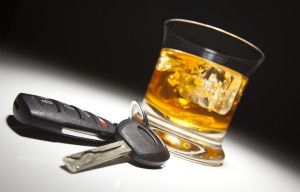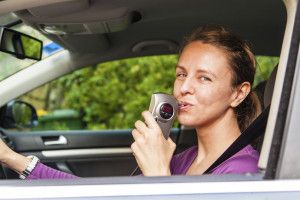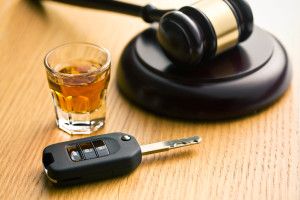 After spending the evening at two different bars on Tucson’s Fourth Avenue last year, 27-year-old Jesus Olea got behind the wheel of a car with a 0.18 blood alcohol content level, more than twice the legal limit. Soon, he crashed the vehicle into a tree — killing all three passengers riding with him, including the unborn child of one pregnant woman.
After spending the evening at two different bars on Tucson’s Fourth Avenue last year, 27-year-old Jesus Olea got behind the wheel of a car with a 0.18 blood alcohol content level, more than twice the legal limit. Soon, he crashed the vehicle into a tree — killing all three passengers riding with him, including the unborn child of one pregnant woman.
Now, the families of the victims are suing the two bars that Olea patronized before the accident: O’Malleys at 247 N. Fourth Avenue and Che’s Lounge, across the street at 350 N. Fourth. The families claim the bars were negligent in “failing to exercise reasonable care in the sale of alcohol.”
Each day in the United States, 28 people die due to drunk driving incidents, and these tragedies are all too familiar. While bars and other drinking establishments should no doubt be held partly responsible for the customers they serve, it’s hard to say whether the staff could have known Olea was about to get behind the wheel of a car after leaving. Still, there’s a simple way to stop DUI accidents from ruining even more lives.
If ignition interlock devices were required in all vehicles, could this tragedy have been prevented? For better or worse, these life-saving devices are usually only installed after a judge orders a DUI suspect to do so. These discreet breathalyzers require drivers to do a BAC test before the engine even starts, and often drivers must continue to blow periodically as they drive. If the device registers above a certain pre-set level — in most cases where ignition interlocks are required by law for DUI offenders, that’s a BAC of 0.02 — then the car will not turn on.
The same would hold true if ignition interlock devices were required in every car across America. The levels would likely be set around 0.03 or 0.04, well below the legal 0.08 limit, as different people handle alcohol differently. However, in many states you can still be arrested for a drunk driving offense even with a BAC well under 0.08.
Meanwhile, Jesus Olea has been charged with four counts of felony manslaughter and two felony DUIs. He is scheduled to appear in court this August. The families of the victims will seek repatriation from the drinking establishments in Tucson for their alleged neglect, including award damages, attorney fees, and punitive damages.
Perhaps the most tragic part of DUI-related deaths is knowing how easily they could have been avoided.
 Everything You Need to Know About Interlock Devices in Arizona
Everything You Need to Know About Interlock Devices in Arizona